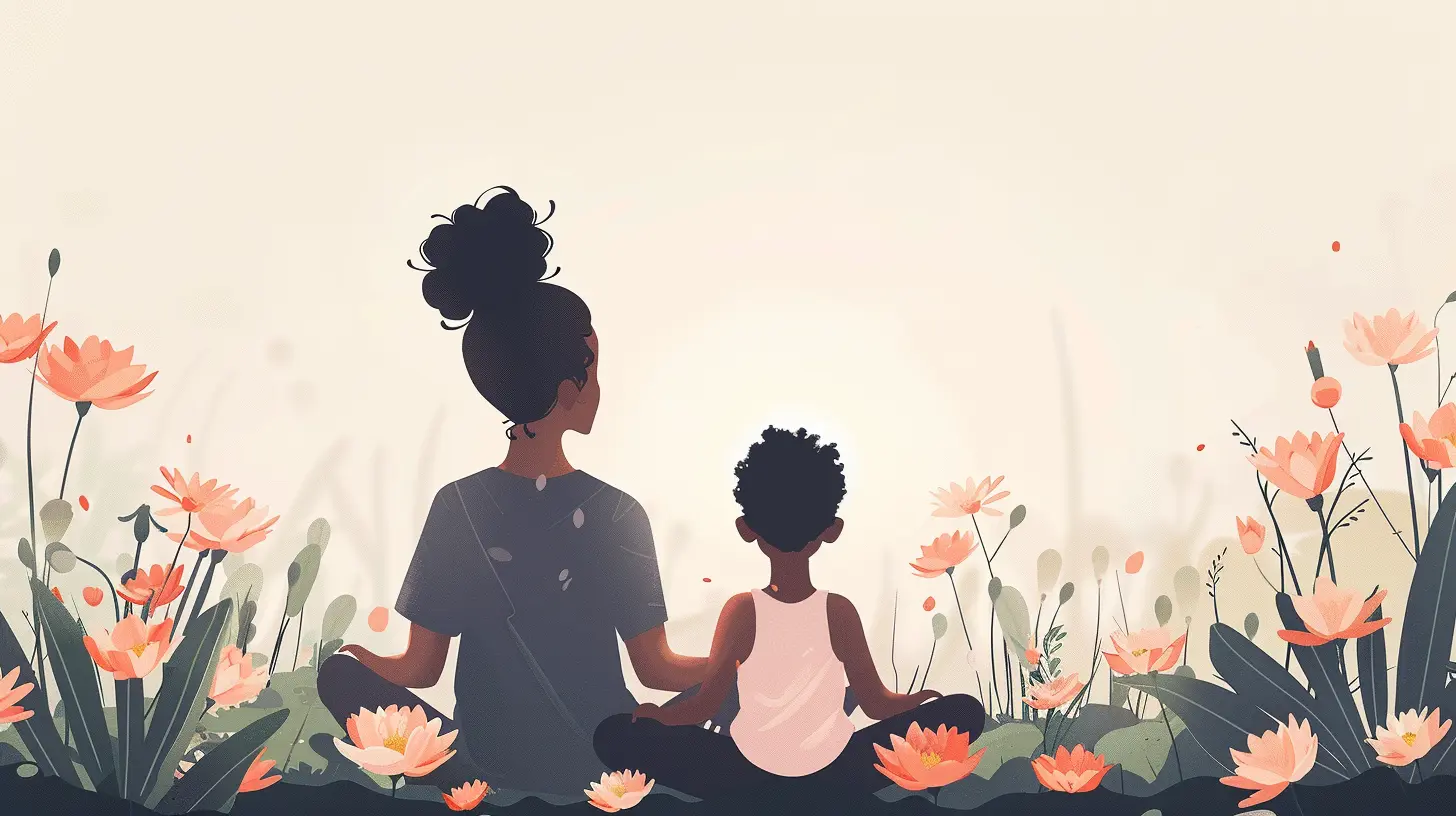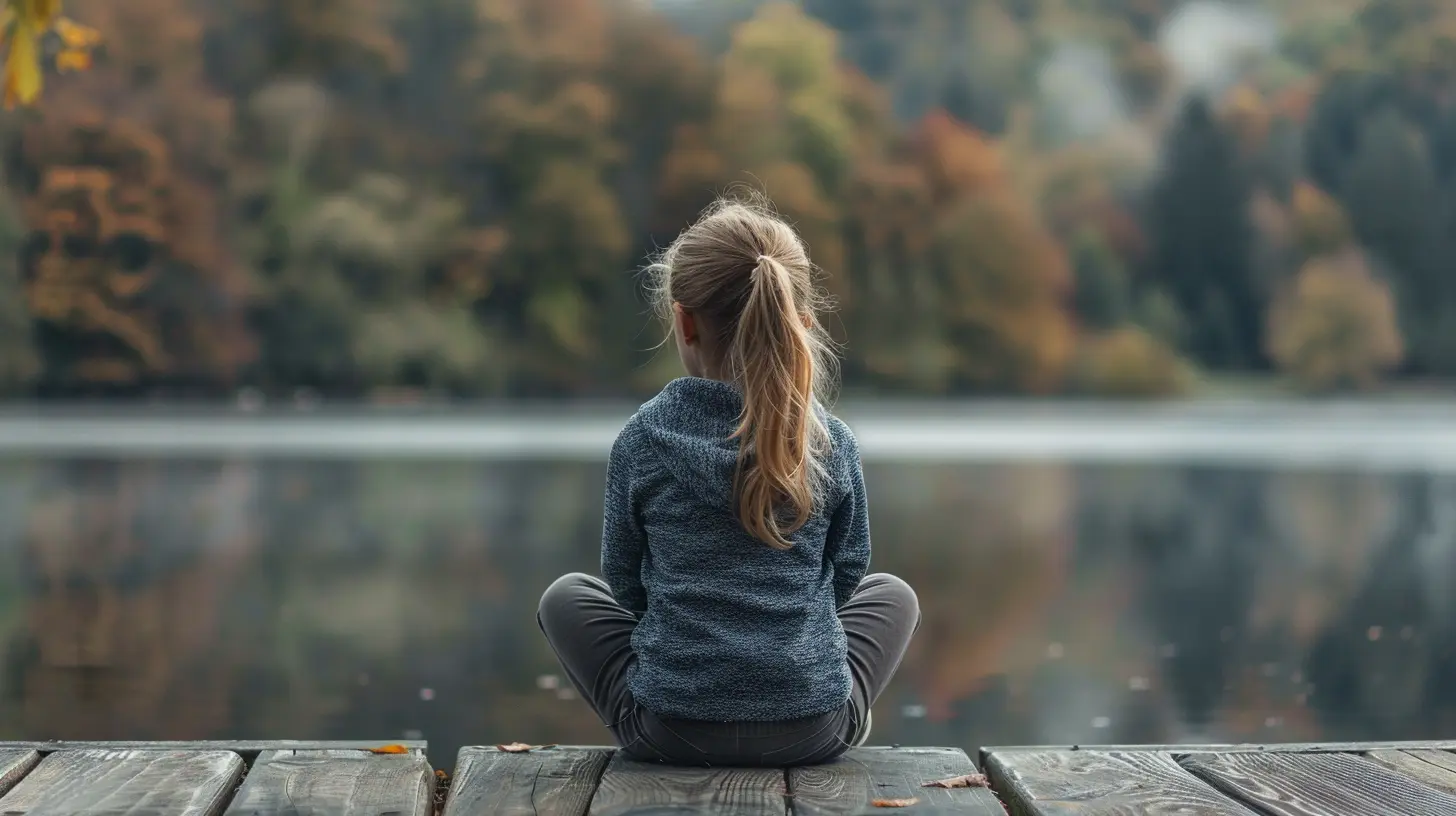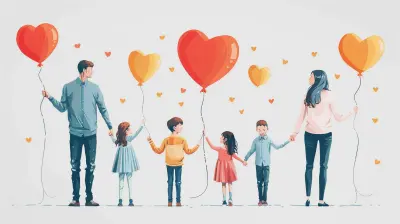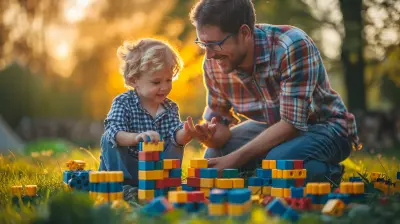How Mindfulness Can Help Nurture Empathy in Children
26 May 2025
Empathy is the glue that holds relationships together. It allows us to understand, connect, and support one another. But in today's fast-paced, digital world, empathy seems to be fading, especially in children. The constant distractions, social media pressures, and lack of face-to-face interactions make it harder for kids to develop genuine emotional connections.
So, how can we nurture empathy in children? One powerful and often overlooked tool is mindfulness. When kids practice mindfulness, they gain a deeper awareness of their own emotions, learn to regulate their responses, and, most importantly, develop a sense of compassion for others.

What Is Mindfulness?
Before diving into how mindfulness fosters empathy, let’s clarify what mindfulness actually means. In simple terms, mindfulness is the practice of being fully present in the moment—without distractions, judgments, or emotional reactivity. It’s about paying attention to thoughts, feelings, and surroundings with curiosity and kindness.For children, mindfulness can be as simple as taking deep breaths when feeling frustrated, paying attention to the sensations while eating, or listening intently to a friend’s story. The goal is to help them slow down, process emotions, and observe the world more attentively.

The Connection Between Mindfulness and Empathy
Mindfulness and empathy are deeply intertwined. When children practice mindfulness, they become more aware of their own emotions. This self-awareness then extends to recognizing and understanding the feelings of others.Think of it like a mirror—when a child can see their own emotions clearly, they are more likely to recognize similar emotions in someone else. This emotional intelligence is the foundation of empathy.
1. Mindfulness Enhances Emotional Regulation
Kids experience a rollercoaster of emotions, from excitement to frustration in just minutes. Without emotional regulation skills, they may react impulsively, leading to outbursts, misunderstandings, or even aggression.Mindfulness helps children pause before reacting. When they learn to take a deep breath before responding, they create space to process emotions rationally instead of impulsively. This is crucial because self-regulated children are more likely to respond to others with compassion rather than frustration.
2. Mindfulness Increases Perspective-Taking Skills
Empathy isn't just about feeling for someone—it's about understanding why they feel a certain way. Perspective-taking allows children to step into someone else’s shoes and see the world from another point of view.Mindfulness encourages children to slow down and observe situations without judgment. Instead of jumping to conclusions, they learn to ask, Why is my friend upset? What might they be experiencing right now? This habit of reflection deepens their ability to connect with others emotionally.
3. Mindfulness Reduces Aggression and Bullying
Bullying and aggression often stem from a lack of emotional awareness and compassion. When children practice mindfulness, they become attuned to their own feelings and how their actions affect others. Studies have shown that mindfulness programs in schools lead to reduced bullying and increased kindness towards peers.By learning to acknowledge and control their feelings, children are less likely to lash out or act impulsively. Instead, they develop patience and a deeper understanding of how their words and actions impact those around them.
4. Mindfulness Strengthens Compassionate Thinking
Have you ever noticed that when you’re feeling stressed or overwhelmed, it’s harder to be kind to others? The same applies to children. When their minds are constantly racing with distractions, they have little mental space for kindness.Mindfulness teaches children to slow down and focus on the present, which in turn allows them to be more attentive to the emotions of others. Practices like loving-kindness meditation, where children mentally send kind thoughts to others, can significantly boost compassionate thinking and empathy.

How to Introduce Mindfulness to Children
Now that we understand how mindfulness builds empathy, the next step is figuring out how to introduce these practices to children in a way that's engaging and effective.1. Make It Fun and Engaging
Kids learn best when they’re having fun. Incorporate mindfulness exercises into playtime. For example:- “Mindful Safari” – Take a walk outside and ask them to notice small details they wouldn’t usually pay attention to (textures of leaves, sounds of birds, the smell of the air).
- “Gratitude Jar” – Encourage kids to write or draw something they’re grateful for each day. Gratitude fosters empathy by helping children reflect on kindness they’ve received.
2. Practice Mindful Breathing Together
Deep breathing is one of the simplest mindfulness techniques. Teach kids to take slow, deep breaths when they feel overwhelmed or upset. You can even turn it into a game:- “Smell the Flower, Blow Out the Candle” – Inhale deeply through the nose (smelling the flower) and exhale slowly through the mouth (blowing out the candle).
3. Encourage “Listening with the Heart”
Teach kids to really listen when others speak. Have them practice maintaining eye contact, nodding, and responding thoughtfully. This will help them tune in to emotions behind words—a key aspect of empathy.You can even make this a game where they take turns being a “listener” and a “talker” to strengthen their ability to focus on others.
4. Teach Loving-Kindness Meditation
Loving-kindness meditation (or metta meditation) is a powerful empathy-building tool. Have children close their eyes and silently repeat phrases like:- May I be happy.
- May I be safe.
- May I be kind.
- May my friends and family feel happiness and peace.
Encouraging them to send these kind thoughts to themselves and others nurtures a habit of compassion and goodwill.
5. Lead by Example
Children learn empathy best by watching empathetic role models. If they see you practicing patience, active listening, and compassion, they’re more likely to develop those skills themselves.Practice mindfulness together—whether it’s taking deep breaths before responding in stressful situations or engaging in daily gratitude reflections. When they see you handling emotions with grace, they will naturally follow suit.

Final Thoughts
Mindfulness isn’t just a trendy buzzword—it’s a life-changing practice with the power to shape emotionally intelligent, compassionate children. By helping kids slow down, tune into their emotions, and genuinely connect with others, we nurture a generation that values kindness, understanding, and deep human connection.In a world that often feels disconnected, mindfulness offers hope—a way for children to build meaningful relationships and truly understand the emotions of those around them. And isn’t that the kind of future we all want to create?
all images in this post were generated using AI tools
Category:
Teaching EmpathyAuthor:

Tara Henson
Discussion
rate this article
3 comments
Jillian King
Great insights! Promoting mindfulness is a powerful way to foster empathy in our children. Thank you!
June 15, 2025 at 3:37 AM

Tara Henson
Thank you for your kind words! I'm glad you found the insights valuable. Promoting mindfulness truly can make a significant difference in fostering empathy.
Wendy Morgan
This insightful article beautifully illustrates how mindfulness practices can cultivate empathy in children, fostering emotional intelligence and compassion. Such essential skills will benefit them throughout their lives. Highly recommended!
May 30, 2025 at 3:24 PM

Tara Henson
Thank you for your kind words! I'm glad you found the article insightful and valuable for nurturing empathy in children.
Candace McIntosh
A beautiful reminder of the power of mindfulness! Nurturing empathy in our children through mindful practices can truly shape their compassionate hearts for life.
May 26, 2025 at 4:55 AM

Tara Henson
Thank you! I'm glad you found the article resonates with the importance of mindfulness in fostering empathy in our children.



